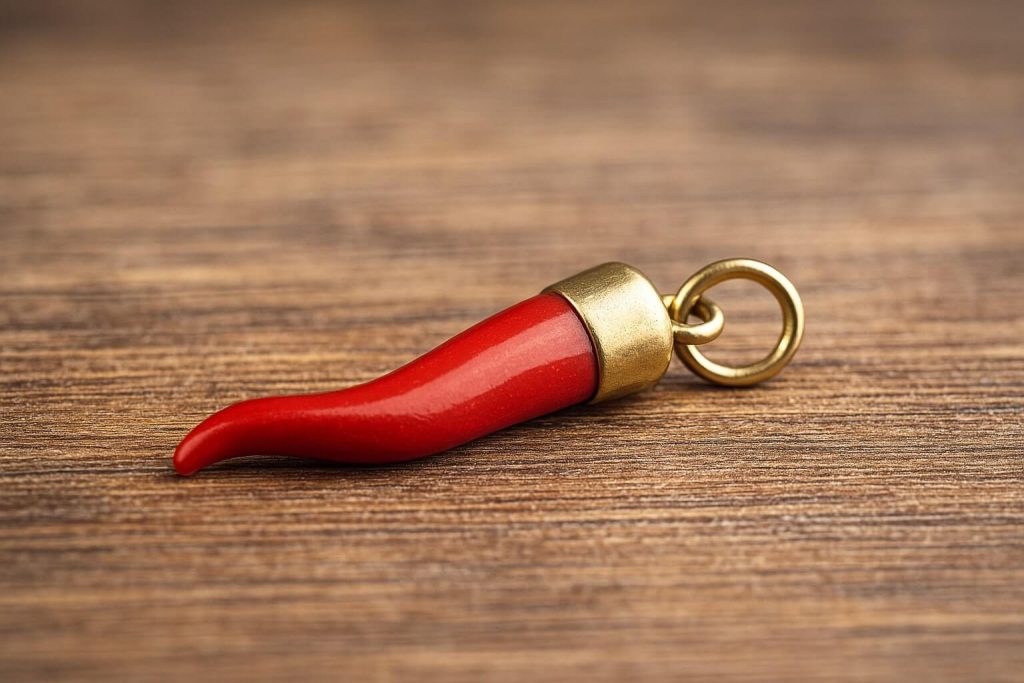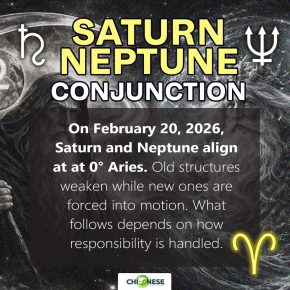The Italian horn, known as the Cornicello, is one of the most recognizable symbols of Italian culture. These small, horn-shaped charms often hang from rearview mirrors, dangle from keychains, or shine on necklaces. They resemble bright red chili peppers, but their meaning runs much deeper.
According to superstition, buying a Cornicello for yourself can bring bad luck. Tradition says it should always be given as a gift. But how much truth is there to this belief, and does it really matter who buys the charm?
The History and Symbolism of the Italian Horn
The Cornicello (sometimes called corno or little horn) dates back to ancient times. In Italian folklore, it protects against the malocchio, the “evil eye”, and wards off misfortune. Its shape echoes a bull’s horn, representing strength, power, fertility, and courage.
Traditionally, Cornicelli were crafted from gold, silver, or red coral, materials believed to hold protective energy. Over centuries, the charm became a beloved talisman, passed down through families as a shield against negativity.
In many parts of Italy, new mothers even gift their babies a Cornicello to ensure protection and blessings from the very beginning of life. At its core, the horn is less about superstition and more about intention, an expression of care, love, and protection.
Myths and Misconceptions
So, where does the idea come from that buying one for yourself brings bad luck?
- The “must be gifted” myth: Some traditions claim that a good luck charm only works if it’s freely given by someone else. The idea is that a gift carries the giver’s goodwill and blessings. And yes, it’s true that a Cornicello given as a present often feels more meaningful because of that personal touch. But its protective symbolism doesn’t vanish if you choose to buy it yourself.
- The “jinx yourself” myth: Another belief is that purchasing your own Cornicello shows a lack of faith in destiny, as though you’re trying to force good fortune instead of letting it arrive naturally. In reality, there’s nothing unlucky about wanting to take an active role in your own well-being.
- The “lost meaning” myth: Some people say the horn’s power is weaker if not gifted, as if its symbolism depends entirely on who gives it to you. But Cornicello’s strength comes from what it represents. Whether it’s bought or received, it continues to symbolize resilience, courage, and protection. Yes, a gifted Cornicello may carry the warmth of someone else’s love, but one you choose for yourself carries the power of self-care and intention.
Why Buying One Yourself Isn’t Bad Luck
The Cornicello is not a spell or a curse. It’s a symbol. Its significance depends on the intention you attach to it. Buying one for yourself to invite positivity and ward off negativity is just as meaningful as receiving it from someone else.
The only caution? If you purchase it from a place of fear or desperation, expecting it to magically solve your problems, you may end up reinforcing those negative feelings. In that sense, the “bad luck” comes not from the charm itself but from the energy you project onto it.
Of course, there’s something extra special about being gifted a Cornicello. When it comes from a loved one, it carries an added layer of affection and care, a quiet message of “I want you safe, happy, and protected.” If that deeper sentiment matters to you, you can always let friends or family know. But at the end of the day, don’t let superstition stop you from choosing one for yourself if you feel drawn to it.
What It All Comes Down To
Buying an Italian horn for yourself is not bad luck. Gifted or self-chosen, the Cornicello remains a powerful emblem of Italian heritage, protection, and strength.
If you love the look of it or feel comfort in its symbolism, wear it proudly. Let it be a reminder of resilience, positivity, and the rich traditions that have kept the Cornicello alive for centuries. After all, the only real misfortune is letting outdated superstitions keep you from something that brings you joy.
Che fortuna! (That’s Italian for “How lucky!”)












